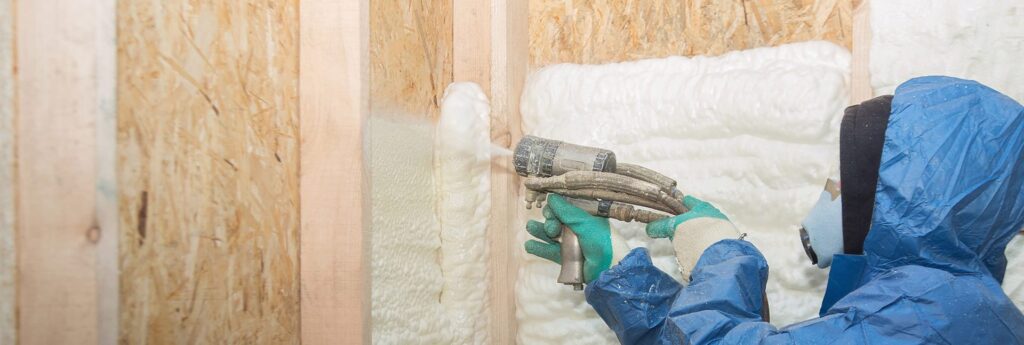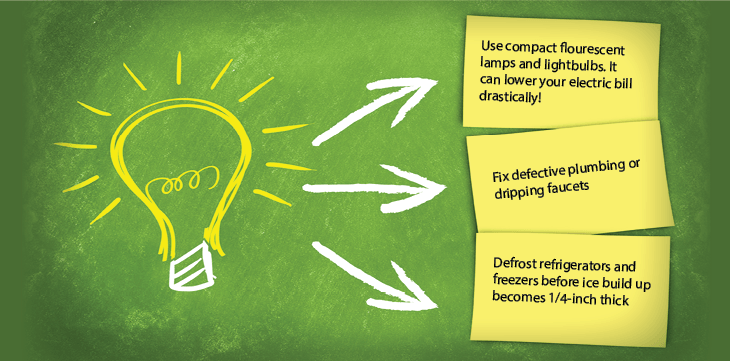How does Spray Foam actually work ?
How does spray foam actually work The chemical mixture is applied by our trained professionals to the area required, such as the underside of roofs, inside walls and around windows or doors. A chemical process causes the Spray Foam to both expand and harden, completely filling all nooks and crannies while permanently adhering to any substrate. This creates a long-lasting seal against air, moisture, dust, pollutants and pests.

Understanding the Science behind Spray Foam Insulation
The perfect temperature and humidity level inside your home are not only essential for your comfort and well-being, but also for efficient energy consumption. To achieve optimal indoor conditions, you need to ensure that your house is correctly insulated. But have the traditional types of insulation fails to meet your requirements, making your home vulnerable to air leaks, moisture, and pollutants? Well, here is where spray foam insulation comes in. However, have you ever wondered how it actually works? In this blog, we will dive deep into the science behind spray foam insulation and explore how it can benefit you.
To put it simply, spray foam insulation is a versatile and energy-efficient material made by mixing two liquids – isocyanate and polyol resin – through a spray gun nozzle onto the desired surface, where it then expands and hardens to form a solid, closed-cell foam. The foam’s density, strength, and insulation performance depend on the ratio and quality of the chemicals, as well as the application techniques.
The unique qualities of spray foam insulation lie in its ability to conform and adhere to any substrate, making it an excellent solution for areas that are hard to reach or irregularly shaped, such as crawl spaces, attics, and rim joists. The foam’s expansion rate is also controllable, allowing precise filling of gaps, cracks, and voids, which helps to enhance the building’s air-tightness, soundproofing, and structural stability.
Spray foam insulation is a closed-cell technology, where the expansion of the foam traps tiny pockets of air inside its structure, creating an effective barrier against heat transfer. Closed-cell foam can offer up to 50% more insulation value than other types of insulation materials at the same thickness and provide resistance to moisture vapor and mold growth. Additionally, spray foam insulation’s superior insulation value allows for smaller HVAC units, reducing the overall cost of energy bills.
One of the primary environmental benefits of spray foam insulation is that it reduces energy consumption and greenhouse gas emissions. By sealing air gaps and reducing energy loss, spray foam insulation can help reduce your carbon footprint and lower heating and cooling costs. It also provides a sustainable solution, as spray foam insulation can outlast traditional insulation materials, reducing the need for replacements over time, minimizing landfill waste.
In conclusion, spray foam insulation is a high-performance insulation material that can enhance your home’s energy efficiency, comfort, and structural integrity. We hope this blog has increased your understanding of how spray foam insulation works and the benefits it can offer. If you are considering spray foam insulation for your home, make sure to contact experienced professionals to evaluate your property’s insulation needs and ensure a safe and proper installation.




